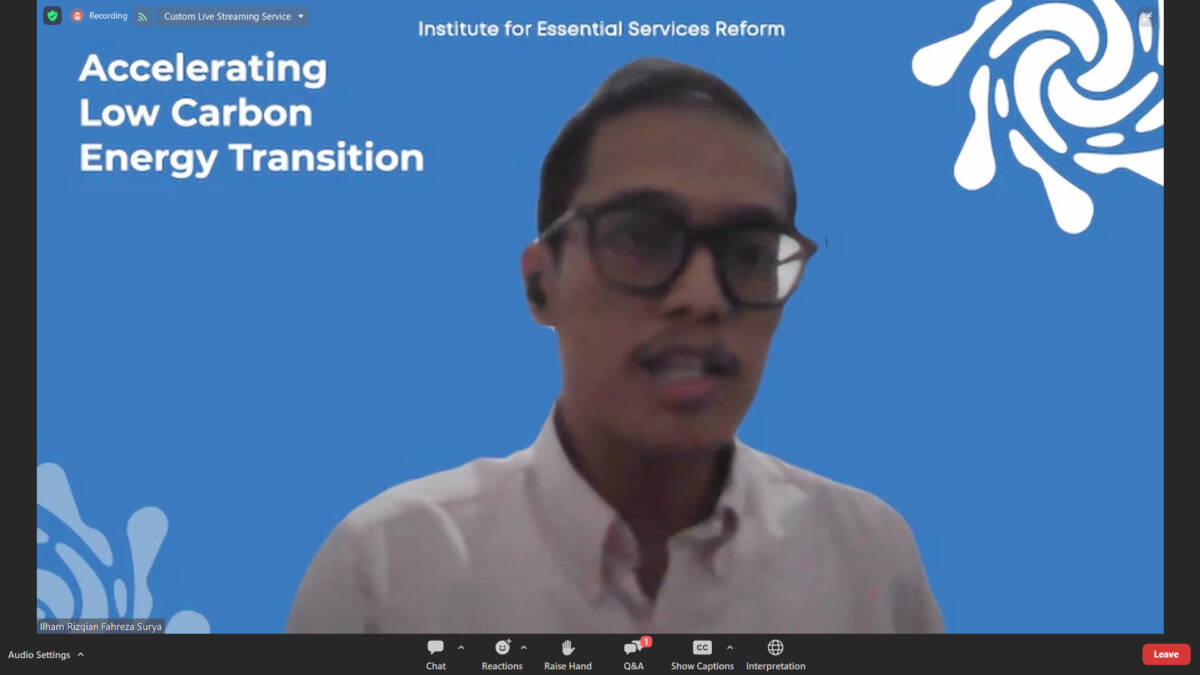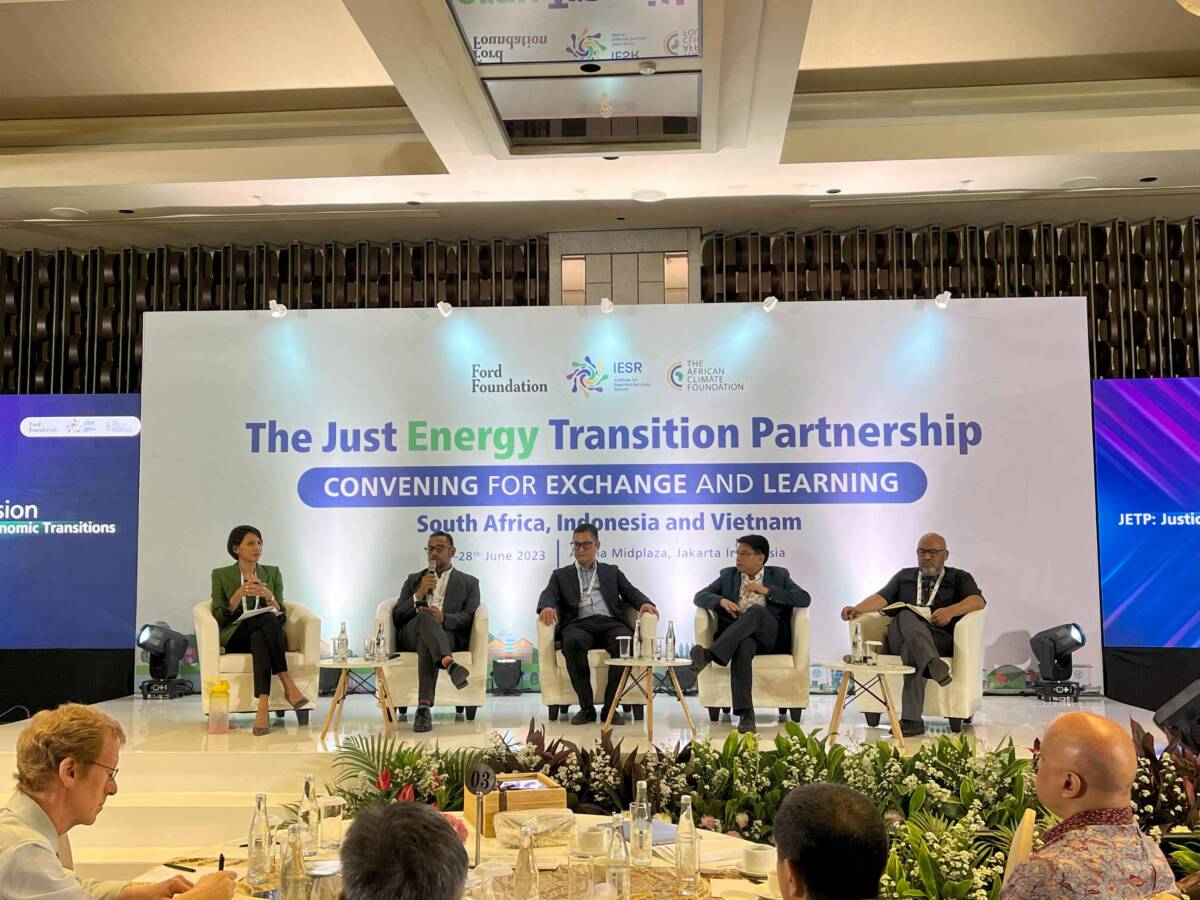Jakarta, February 29, 2024 - The aspect of justice in energy transition is closely tied to community involvement in the process, particularly in preparing communities in coal-producing areas. Civil society organizations, as entities that closely engage with both the community and the government, play a significant role in urging the government to adopt participatory policies…


